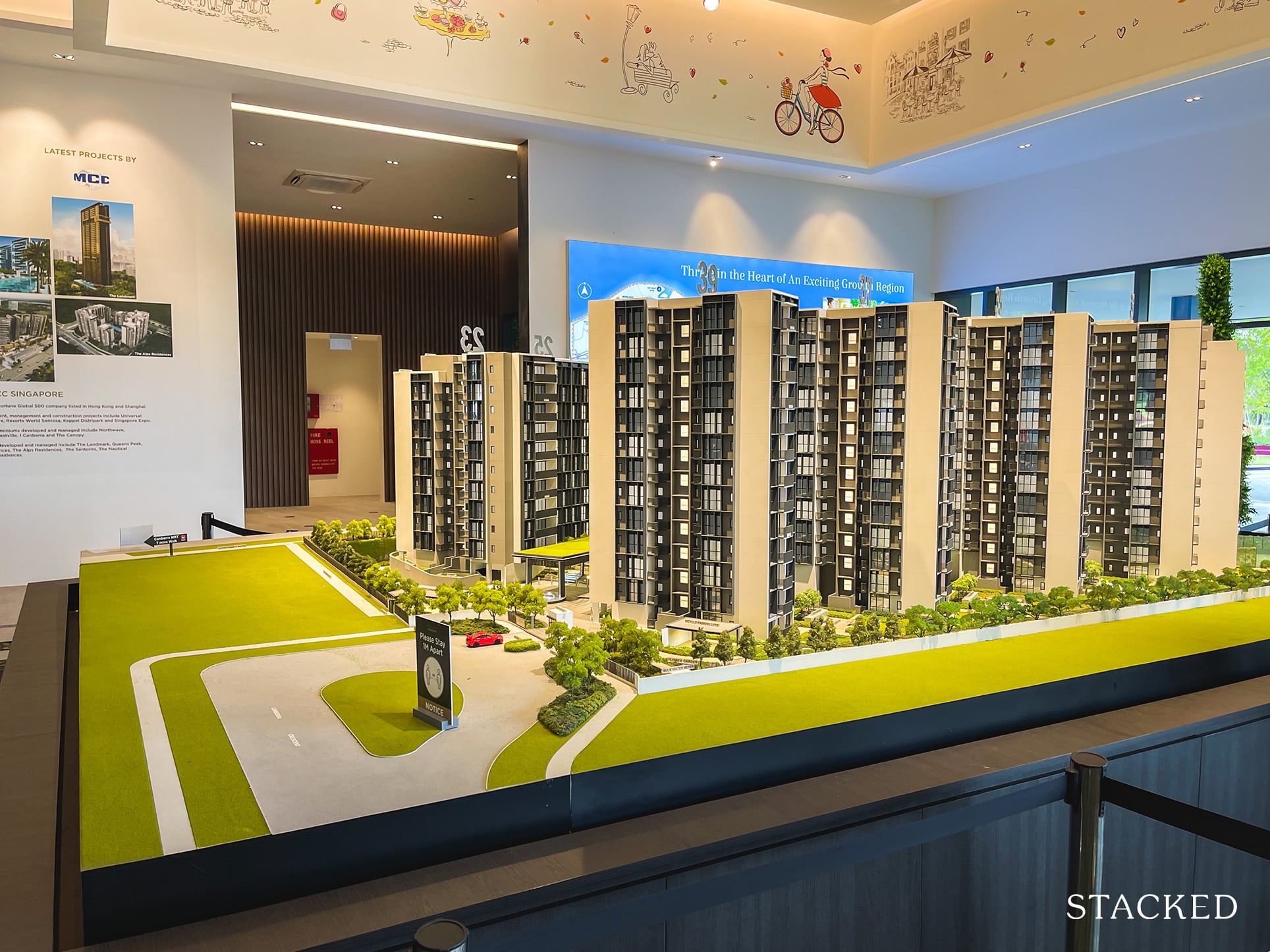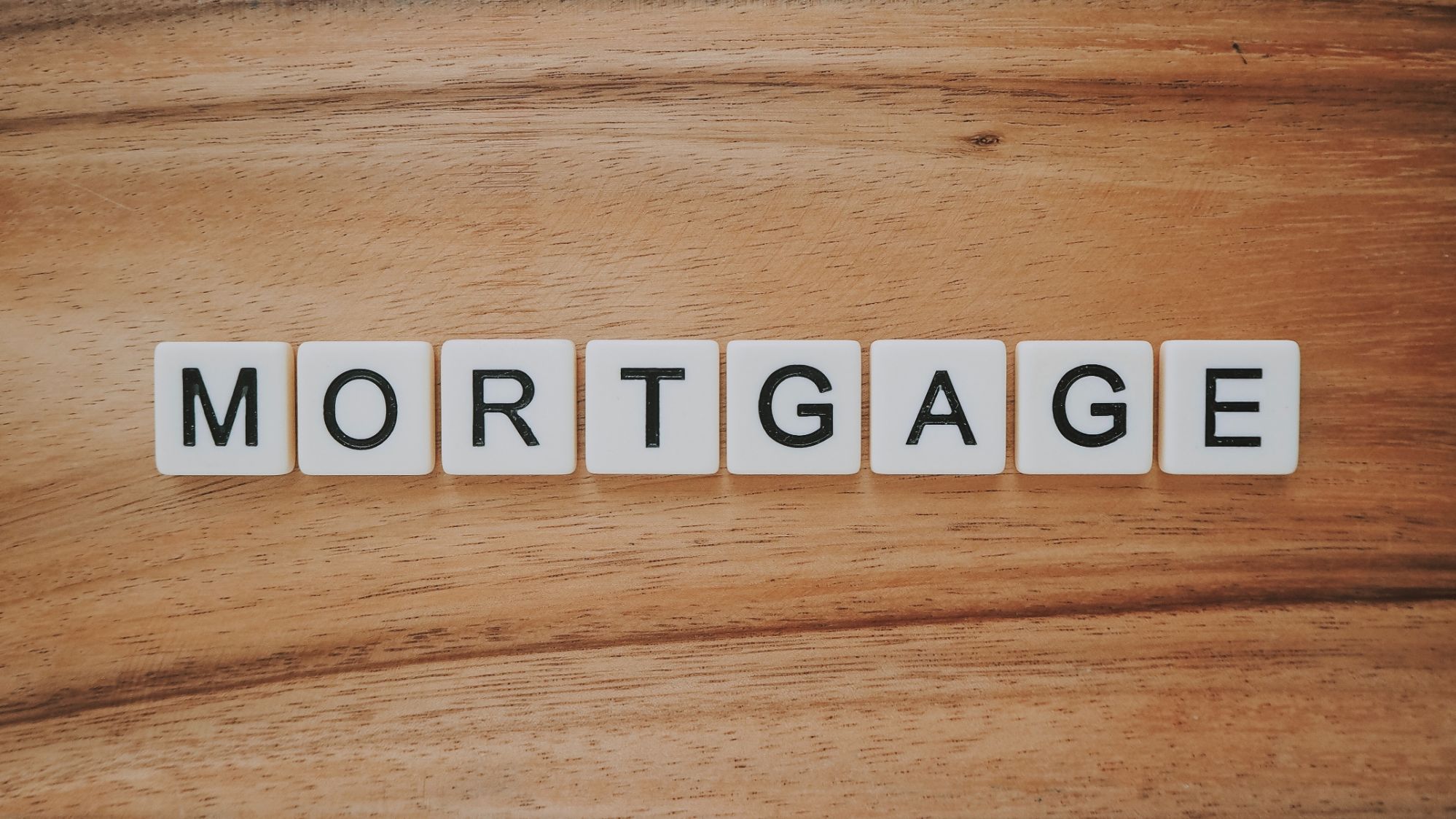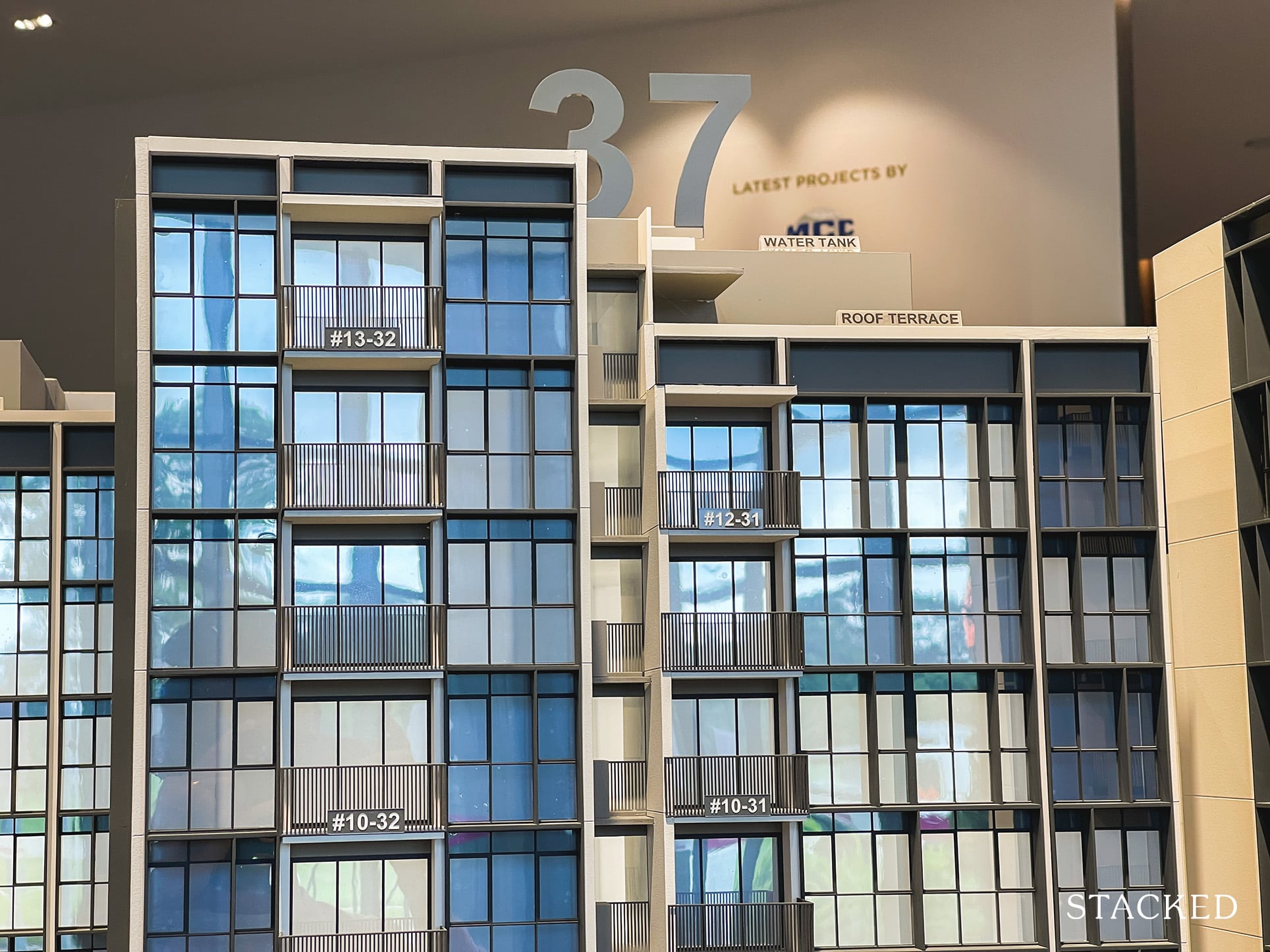New EC vs MOP EC vs Privatised EC: Which Is Right For You?
August 23, 2021

Through our different social media channels, we are able to see on the ground what is the sentiment when it comes to Executive Condominiums (ECs). Some people will insist that only resale ECs are worth buying. Others will only want fully privatised ECs, and some will insist the entire point is to “buy new”. It isn’t easy to prove any one point of view; but home buyers should know the following, for the sake of clarity:
So many readers write in because they're unsure what to do next, and don't know who to trust.
If this sounds familiar, we offer structured 1-to-1 consultations where we walk through your finances, goals, and market options objectively.
No obligation. Just clarity.
Learn more here.
What are these three different age groups for ECs?
New ECs are new launches, while by “MOP EC” we refer to ECs that have crossed the five-year mark. A privatised EC is one that has crossed 10 years in age.
These are differences between them:
| New EC | MOP EC | Privatised | |
| HDB eligibility requirements | Yes, must meet usual requirements | Yes, but fewer restrictions | No, considered private and not HDB |
| Housing grants | Yes | No | No |
| Minimum Occupancy Period (MOP) | Five-year MOP applies | No | No |
| Can sell to foreigners or entities | No | No | Yes |
| Mortgage Servicing Ratio (MSR) applies | Yes | No | No |
| Total Debt Servicing Ratio (TDSR) applies | Yes (you need to meet both the MSR and TDSR) | Yes | Yes |
Note that in all of the above cases, you have to use a bank loan. There’s no HDB loan for ECs.
Which are the differences that matter most to buyers?
Apart from the obvious difference in construction time (most new ECs are finished in three to four years, so you have to wait to move in), the other factors are:
- Being free of the MSR
- No MOP restrictions for resale and rental
- Time to full privatisation
- Wait for new launch EC
- Valuation issues
1. Being free of the MSR
The Mortgage Servicing Ratio (MSR) applies to all HDB properties, including new ECs. The MSR restricts your maximum home loan repayment to 30 per cent of your monthly income. So if you and your co-borrower make $10,000 per month, your home loan repayment cannot exceed $3,000.
Failure to meet the MSR means a larger down payment is needed; and you might end up having to pay more than the usual 25 per cent down (for a more detailed breakdown, check out our guide on income and home loans).

Property AdviceHow Much Income Do You Need To Get A Home Loan / Mortgage?
by Ryan J. OngIn addition to the MSR, you will also have to fulfill the Total Debt Serviciting Ratio (TDSR). Under the TDSR, your maximum monthly loan repayment is capped at 60 per cent, inclusive of other loans.
So our couple who earns $10,000 could have a loan repayment amount of up to $6,000, assuming they have no other debts obligations.
This sometimes means a buyer can qualify to buy a resale EC under the TDSR, but not a new EC, which is subject to both MSR and TDSR.
However, what you really need to know here is when the EC has obtained MOP status, the affordability calculation will change. So resale ECs will not be subjected to MSR, but only TDSR.
This means with the same income, you can have a bigger range of affordability – effectively widening your options (and thus, one reason why ECs can be a profitable route – you have a much bigger target audience).
2. No MOP restrictions for resale and rental
A resale EC can be rented out as a whole, as there’s no MOP. This is a major incentive for buyers who want to collect rental income.
For example, if you’re a couple comfortable with living with your in-laws, you could buy a resale EC and rent out the whole condo straight away. The rental income could pay the monthly maintenance, as well as the interest portion of your loan.
If you factor in the additional five years of rental income, a resale EC can generate a much higher return on investment, compared to buying a new one.
The ability to re-sell at anytime is also an advantage; but remember that selling within the first three years will incur the Sellers Stamp Duty (SSD).
3. Time to full privatisation
Some buyers will insist on resale ECs only, because of the time to full privatisation. A five-year old EC is already is already about halfway to privatisation, after which owners can sell to foreigners or even companies.
The lack of HDB eligibility requirements greatly expands the pool of prospective buyers, and in the long term it opens up financing options such as cash-out refinancing, or reverse mortgages.
Sellers are also aware of this, and most try to ramp up asking prices after the five-year MOP.

4. Wait for new launch EC
Many buyers looking for a new launch EC don’t realise this, but new launch ECs can only be launched 15 months after land acquisition (or after the completion of foundation works, whichever is earlier). This means for buyers you will have to wait at least 15 months for the launch plus 3-4 years of construction and 5 years MOP.
For those wondering, the 15 month rule is basically a cooling measure introduced to the market. The belief was that the developers wouldn’t be able to tap on the progressive payments from homebuyers that developers would use to partly finance the development of the EC project. So from doing so, this could cause the developers to submit more prudent bids for EC development sites.
5. Valuation issues
With new ECs, the price and value are considered to be the same. With resale ECs, there’s often a mismatch, with sellers pushing for more than the actual valuation.
The bank loan, however, covers 75 per cent of the price or valuation, whichever is lower. This can leave buyers having to cover the difference in cash.
On top of this, stamp duties are the reverse – the Buyers Stamp Duty (BSD) or ABSD is based on the higher of the price or valuation.
Buyers sometimes find that the bank willing to accept a higher valuation is also the one with a higher interest rate.
All of these issues push some buyers to pick only new ECs; especially since sellers like to hike prices once the MOP or privatisation is reached.
How do ECs perform at the 5 and 10-year marks?
We recently did this with 53 ECs, and you can see it in this article. We’ve included the chart below for convenience:
As you can see, most – but not all – ECs saw profitable transactions after the five-year mark, whereas all of them were profitable after 10 years.
This suggests that the saying about ECs being “quick profit” after five years is often, but not universally, true.
Based on the above, which should you pick?
Our opinion is as follows:
- The best gains seem to come from buying new, and going long term
- For short term investment, MOP ECs have an edge
- For budget conscious first time home buyers, an EC isn’t always the best place to start
1. The best gains seem to come from buying new, and going long term
The reason behind this is straightforward: when you buy at the five-year mark, you are probably going to pay a higher price.
Sellers are conditioned to think they can “cash in” once the MOP is over. Realtors have pointed out this can cause competition: when the MOP comes about, you may find a dozen or more listings are also competing with yours.
(This could be why some of the expected profits failed to materialise, in the developments above)
There’s also the added advantage that, if you buy new, you’ll pay less in the first few months, due to the Progressive Payment Scheme. You also have a better shot at developer discounts.
2. For short term investment, MOP ECs have an edge
For those looking in the short term – such as if you want to upgrade in four or five years – resale ECs may still be a better choice.
If you buy a new EC, you have to wait for it to be built first; after which you still need to wait out the five-year MOP.
So if you’re looking at asset progression, it may be better to get a resale EC that’s closer to full privatisation. For example, you could buy at the six-year mark, wait four years to be out of the SSD period, and then be free to sell to anyone – even foreigners.

3. For budget conscious first time home buyers, an EC isn’t always the best place to start
Financing a new EC can be tough, due to the MSR. It often requires a bigger down payment, which is stressful to first-time home buyers burdened with renovation costs, the cost of a first child, etc.
Buying resale ECs is even tougher, as you need to contend with much higher prices, and discrepancies between the asking price and valuation.
Couple all this with maintenance fees of $400 to $500 a month, and an EC can leave you dangerously low on savings.
It may be a better idea to go from a flat to an EC, which is an easier jump than a flat to a private condo. You also won’t need to pay the ABSD upfront, if upgrading from a flat to an EC.
In most cases, location should trump age
The best gains come from location, rather than whether the EC is five or 10 years old. Bishan Loft is a good example of this – its performance mostly comes down to being in Bishan, which is a city fringe area that’s heavy in amenities.
Likewise, we would focus more on whether the EC has outstanding features. Some examples are proximity to MRT stations (rare among ECs), being located in the Rest of Central Region (RCR), or first-mover advantage (upcoming in Tengah right now).
Worry about whether it’s new or resale after considering the location.
For more on trends in the Singapore private property market, follow us on Stacked. We’ll also provide you with the latest in-depth reviews of new and resale properties alike.
At Stacked, we like to look beyond the headlines and surface-level numbers, and focus on how things play out in the real world.
If you’d like to discuss how this applies to your own circumstances, you can reach out for a one-to-one consultation here.
And if you simply have a question or want to share a thought, feel free to write to us at stories@stackedhomes.com — we read every message.
Ryan J. Ong
A seasoned content strategist with over 17 years in the real estate and financial journalism sectors, Ryan has built a reputation for transforming complex industry jargon into accessible knowledge. With a track record of writing and editing for leading financial platforms and publications, Ryan's expertise has been recognised across various media outlets. His role as a former content editor for 99.co and a co-host for CNA 938's Open House programme underscores his commitment to providing valuable insights into the property market.Need help with a property decision?
Speak to our team →Read next from Property Advice

Property Advice We Sold Our EC And Have $2.6M For Our Next Home: Should We Buy A New Condo Or Resale?

Property Advice We Can Buy Two HDBs Today — Is Waiting For An EC A Mistake?

Property Advice I’m 55, Have No Income, And Own A Fully Paid HDB Flat—Can I Still Buy Another One Before Selling?

Property Advice We’re Upgrading From A 5-Room HDB On A Single Income At 43 — Which Condo Is Safer?
Latest Posts

Pro This 130-Unit Boutique Condo Launched At A Premium — Here’s What 8 Years Revealed About The Winners And Losers

Singapore Property News New Lentor Condo Could Start From $2,700 PSF After Record Land Bid

On The Market A Rare Freehold Conserved Terrace In Cairnhill Is Up For Sale At $16M





































0 Comments